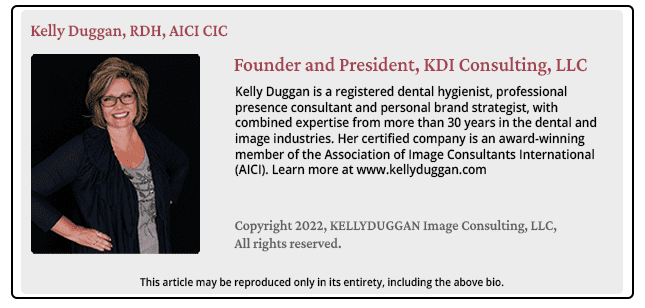Listen Well. Communicate Successfully.
With this post we’re continuing our new, monthly, dentistry-focused strategies and tips. This is the third article in a three-part series about communication. If you missed the start, see our 1/26/22 and 2/24/22 posts.
You know the feeling. You’re talking with someone, but you seem to be in a conversation all by yourself and you aren’t being listened to. Now reverse this scenario. Do you sometimes leave your patient or team member in communication feeling alone and unheard?
To begin with, are you really trying to listen? Or are you just chattering? I’ve heard more than one dental team member rattle on and on, not taking the time to listen to their patient. Learning to listen more than you speak can actually up your presence, generate success in communicating and elevate the level of your patient care. Everyone benefits when you really listen.
So how can you be a more effective listener?
- Be present. Tune in specifically with who you’re listening to, shutting out any inner chatter or distractions that may be around you.
- If you must speak, ask clarifying questions (e.g., Do you mean that …?). If you’re trying to understand more, show empathy or gain trust, be sure to invite further conversation with open-minded questions that ask for more information.
- Show your willingness and enthusiasm to listen through your nonverbal expressions. Maintain culturally appropriate eye contact, nod your head with interest and understanding, and use smiles and head tilts at appropriate times.
- Display supportive nonverbal body postures. These include facing your body and leaning in toward the individual you’re listening to, using open postures.
Good listeners give focused attention to the person who is speaking — to their ideas, concerns or problems — and work to understand and provide support.


